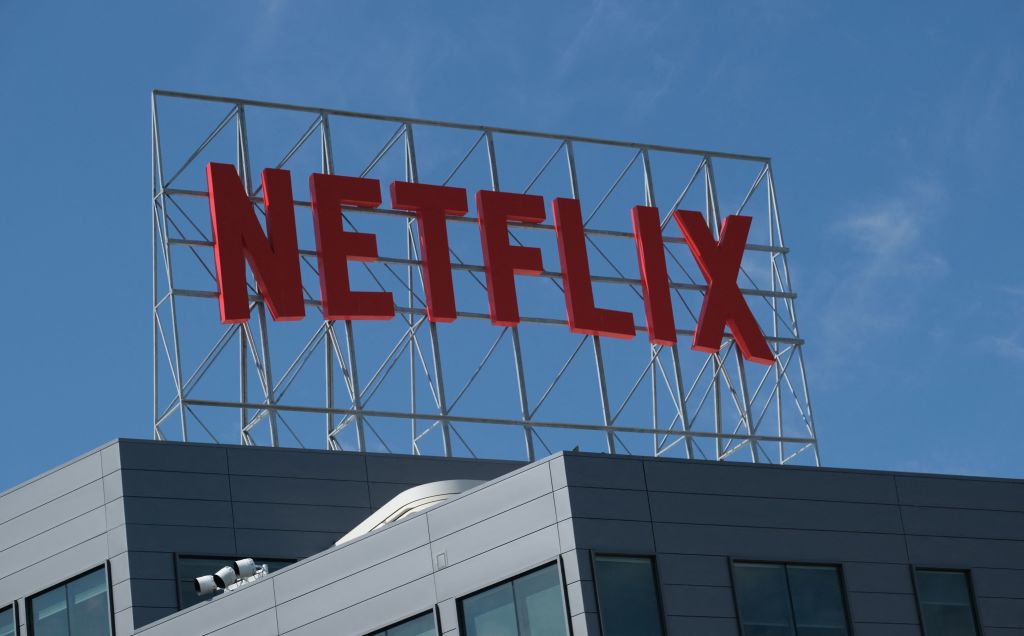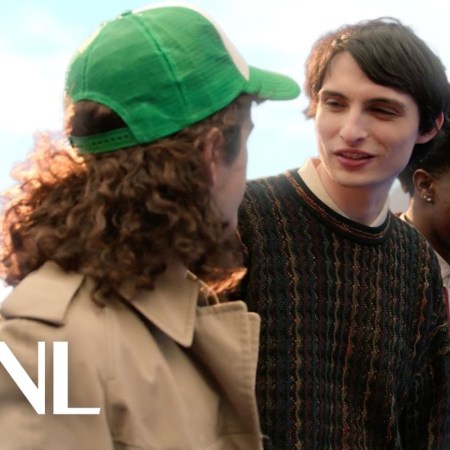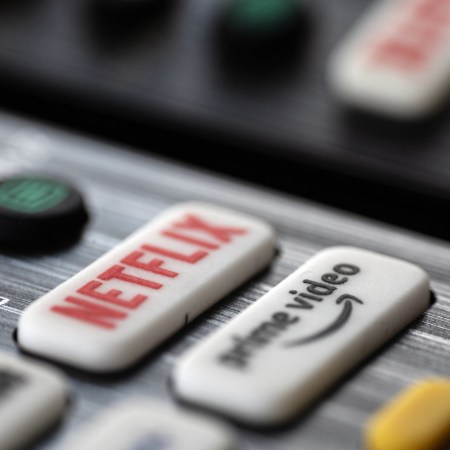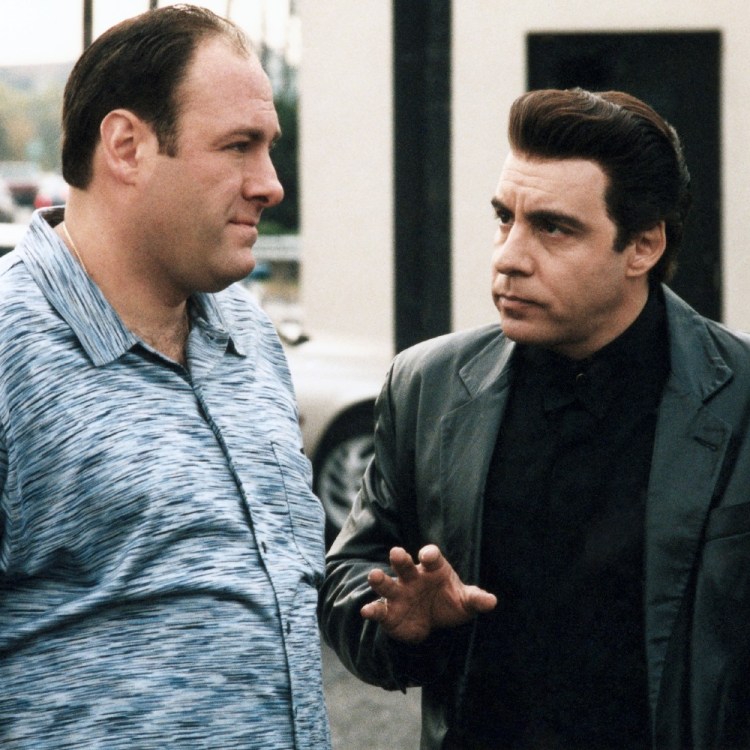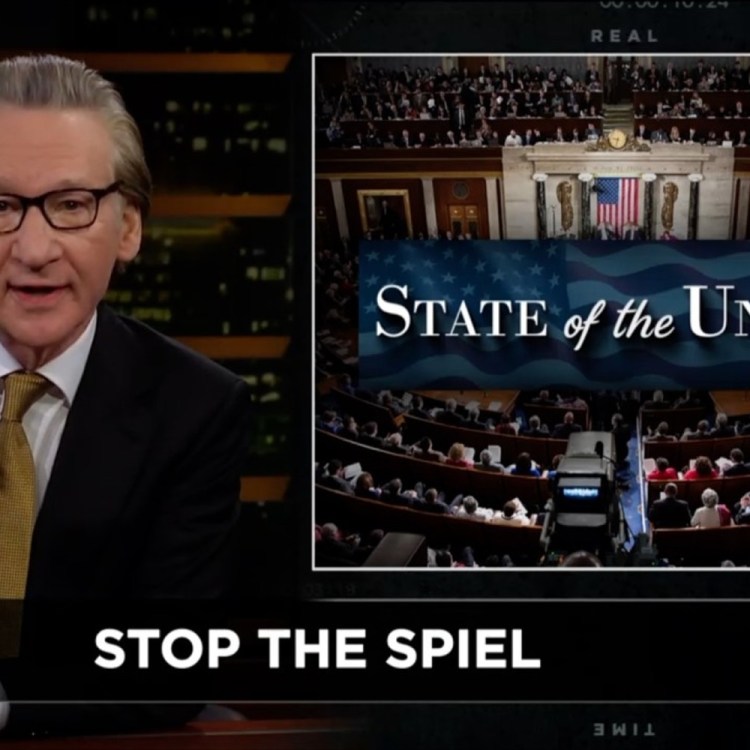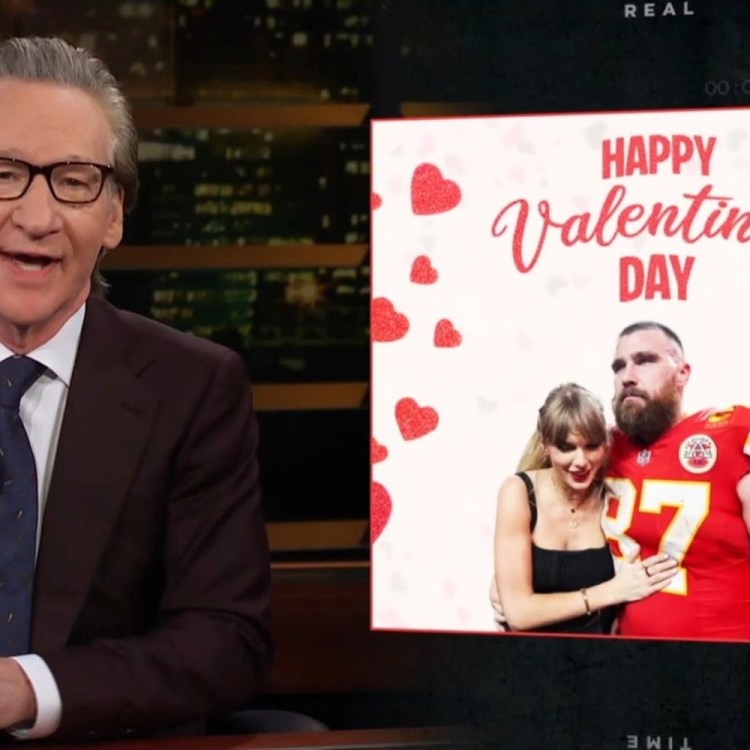It’s a strange time to start watching a new series on Netflix. The streaming service has announced plenty of high-profile shows for this year, including an adaptation of the cult comic series The Sandman and the surreal period drama 1899. But for most shows, whether they air on broadcast television, cable or a streaming service, there’s generally something one can assume to be true: if enough people tune in, the show will get another season.
With Netflix, though, it seems as though there are other factors at play. It’s prompted plenty of debate over whether or not The Sandman might get a second season — and it’s not hard to think that some of that discussion might, in turn, discourage potential viewers from tuning in at all.
Late last month, screenwriter and showrunner Michael Green took to Twitter with a request. “[I]f you are savoring a new show dropped on Netflix, if it’s all the same to you, please let the episodes play through right away so the completion is counted in a timeframe that is meaningful to the show’s success,” Green wrote — even as he acknowledged that this was “stupid.”
When creators are making requests like this, it feels like a symptom of something that’s gone very wrong. But it also feels very much like a problem of Netflix’s own making. While plenty of other streaming services have arisen in recent years, the bulk of the buzzed-about shows on them have opted for a more traditional release model.
Want to watch episodes of Ted Lasso, The Lord of the Rings: The Rings of Power or Only Murders in the Building as they’re released? That’s going to be a weekly process, rather than one optimized for eight to 10 hours.
All of which begs the question: is the problem the binge-watching model itself? In his latest column for Puck, Matthew Belloni — who previously edited The Hollywood Reporter for 14 years — revisited Netflix founder Reed Hastings’s book on the company with an eye towards Netflix’s future.
“No Rules now plays less as a victory lap and more as the starting point for a series of existential questions,” Belloni writes — and speculates about what long-running Netflix practices might have outlived their usefulness. Belloni goes on to cite analyst Matthew Nathanson, who referred to the binge model as “not a model that makes a lot of sense.”
It’s still speculation at this time, but at a point when Netflix is changing up some of the longstanding ways it’s done business, it’s worth looking into whether or not more changes could be on the horizon. And Belloni’s insightful look at Netflix’s past, present and future offers a measured take on all three.
Thanks for reading InsideHook. Sign up for our daily newsletter and be in the know.
